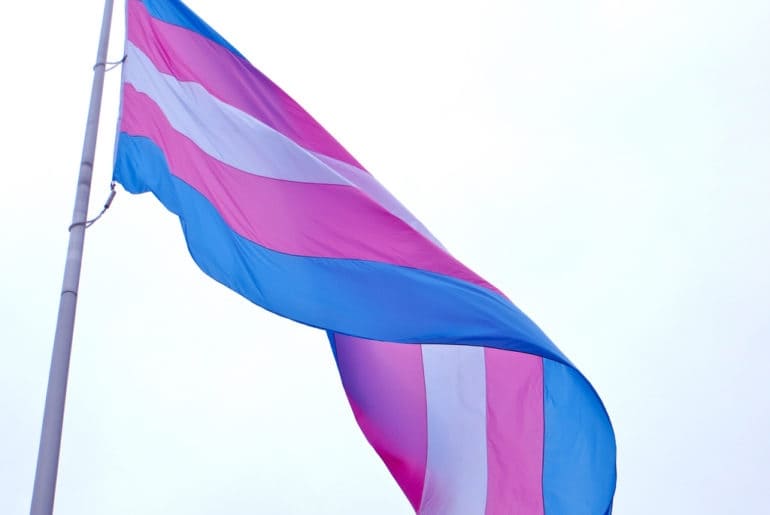
The World Health Organization (WHO) no longer classifies transgender as a mental condition.
The United Nations health agency stated on June 18 that “gender incongruence” would be removed from the WHO’s International Classification of Diseases (ICD-11) catalogue. In the catalogue, “gender incongruence” is defined as an adolescent or adult who experiences “a strong dislike or discomfort with the one’s primary or secondary sex characteristics […] a strong desire to be rid of some or all of one’s primary and/or secondary sex characteristics […],” and “a strong desire to have the primary and/or secondary sex characteristics of the experienced gender.” The catalogue added that a diagnosis cannot be given before the onset of puberty and gender variant behaviour isn’t enough on its own to be diagnosed.
The WHO released a video on June 18 regarding the updates to their ICD-11 catalogue and why they made the change. Dr. Lale Say, coordinator of the Adolescents and at-Risk Populations Team at the WHO said, “Historically this concept was placed in the mental health chapter in ICD, but in the ICD-11 it is moved to a newly created chapter of sexual health.” She added that the new chapter is meant to accommodate conditions regarding sexual health that wouldn’t fit in other chapters of ICD-11.
“It was taken out from the mental health disorders because we had a better understanding that this wasn’t actually a mental health condition and leaving it there was causing stigma,” she added. “So, in order to reduce the stigma while also ensuring access to necessary health interventions, this was placed in a different chapter.”
While the move is a giant step forward in eliminating stigma, spokespeople for various transgender groups had conflicting reactions regarding the decision. CNN reported that Julia Ehrt, Executive Director of Transgender Europe said the removal of the term is “the result of tremendous effort by trans and gender diverse activists from around the world to insist on our humanity, and I am elated that the WHO agrees that gender identity is not a mental illness.”
On the other hand, Nua Fuentes, a spokesperson for the Trans Pride World platform told teleSUR that “it is positive, but it is nothing new. Trans organizations were expecting this, and we have been demanding the end of the pathologization of our identities since 2007.”
Dr. Say said that adding the term to a new chapter is meant to reduce the stigma and better social acceptance. However, she also said that there won’t be many changes in terms of healthcare provisions because the category will still have a place in the ICD. “In fact, it may even increase access because it will reduce stigma and it will help individuals to seek care more,” she said.
She concluded by saying the decision stemmed from concerned transgender and human rights communities as well as professionals and scientists in the field. After reviewing the evidence, they removed the term. She added that on the same basis, homosexuality was removed from the ICD completely because “there was no clear evidence to suggest that this issue needs to be medicalized.”
